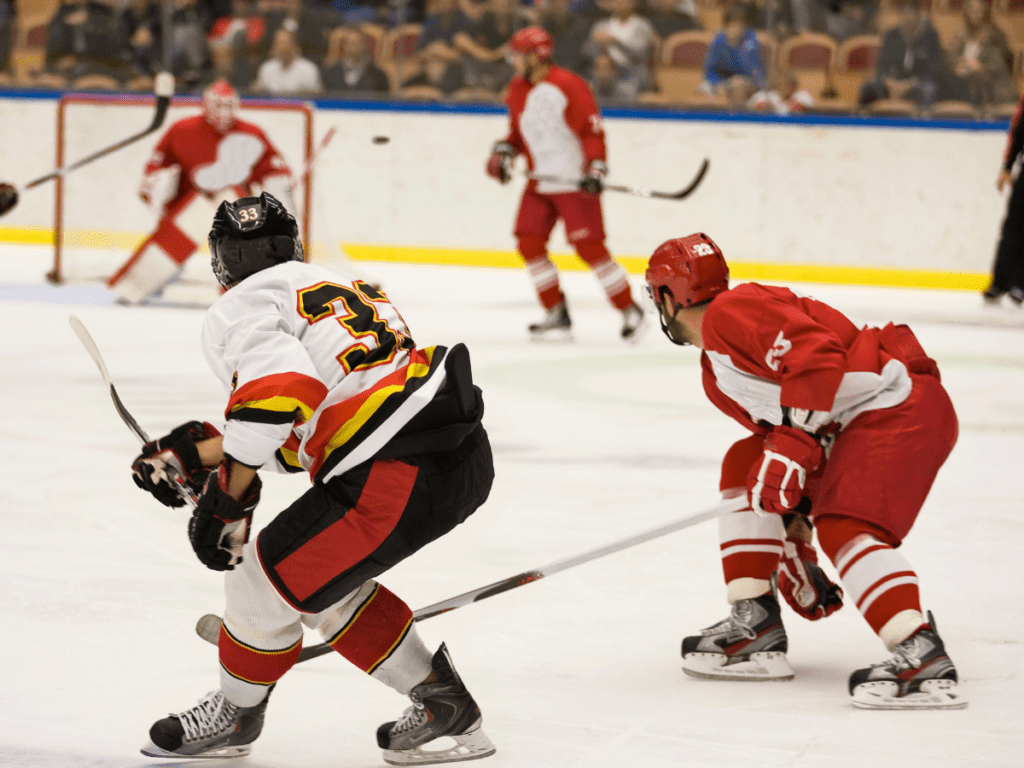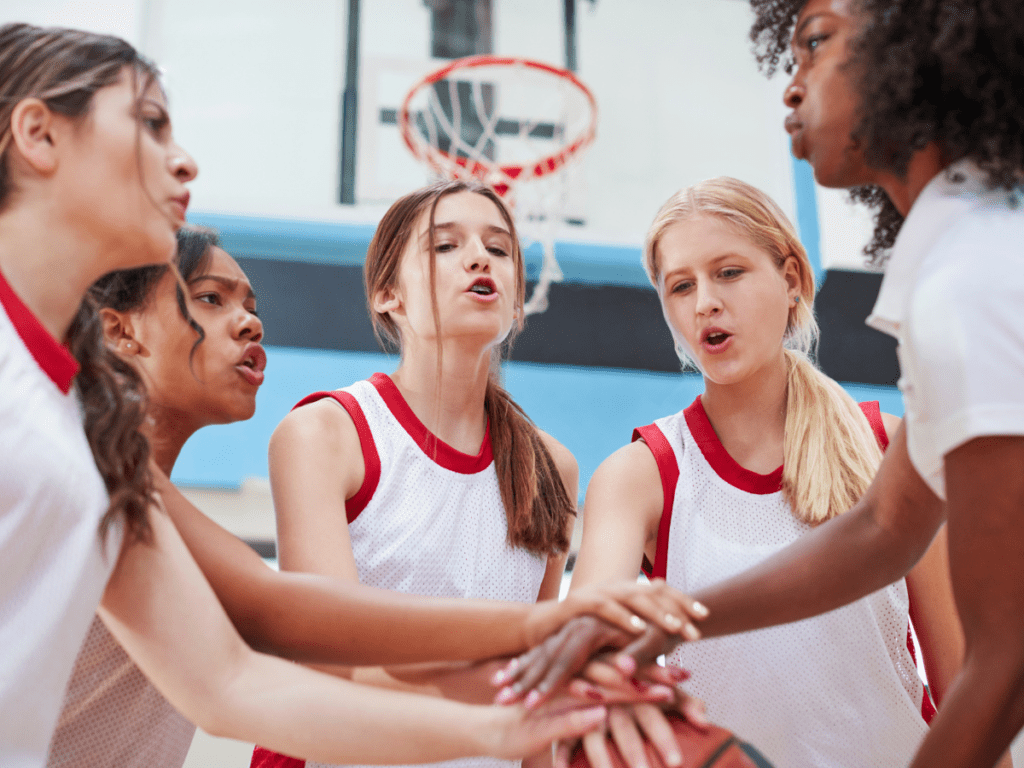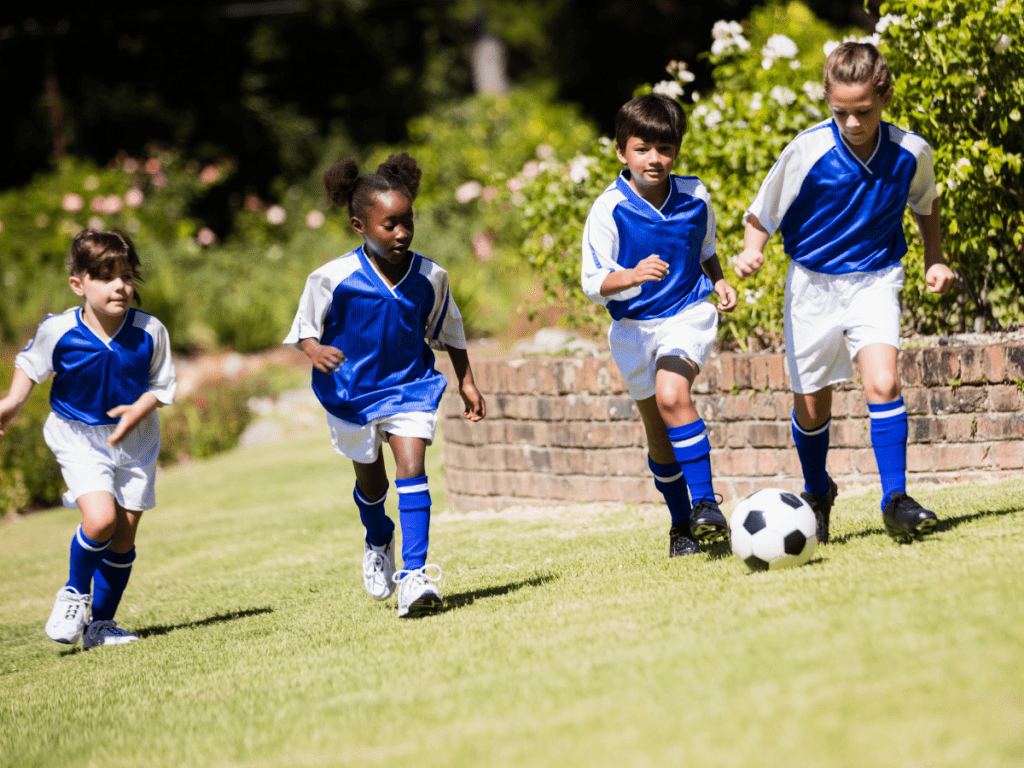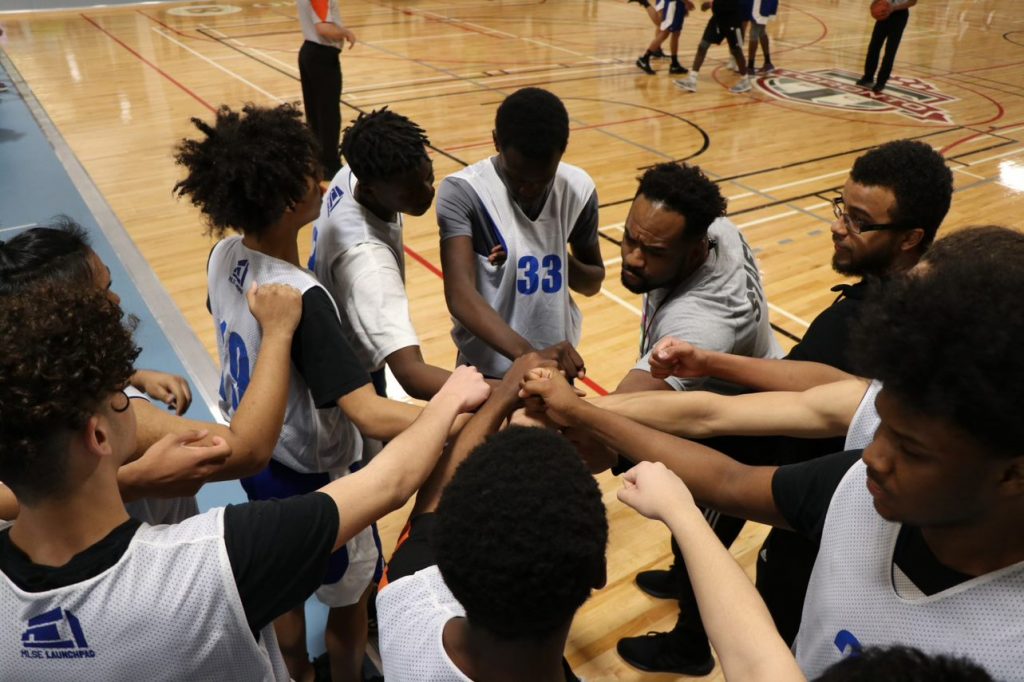MLSE’s MISSION Model
MLSE LaunchPad’s MISSION Measurement Model builds on three years of refining the organization’s research and evaluation activities to increase youth engagement. Emerging best practices include keeping it short, only asking question that will inform decision-making, using “I” statements, and digitizing the process.
Phsychological skills and factors related to ice hockey officials’ coping and performance

Project Summary Research focusing on the development of psychological skills in sport, has been conducted primarily with athletes and coaches. However, we know little on how to assist officials to enhance their performance. Thus, the general objective of this research was to better understand ice hockey officials’ experiences in their sport and factors that influence…
Understanding adolescents’ positive and negative developmental experiences in sport

Project Summary Currently, there is considerable public concern about youths’ healthy physical and psychosocial development. As such, researchers in both developmental and sport psychology highlight a need to better understand how organized sporting activities may be contributing to youths’ positive or negative development. The purpose of this study was to gain understanding of adolescents’ positive…
Children with ADHD and physical activity behaviours: What happens when the village turns its back on you

Project Summary The three main objectives for this research project were to: (a) describe the physical activity (PA) behaviours of children with attention-deficit hyperactivity disorder (ADHD), (b) explore the feelings and attitudes that children with ADHD and their parent(s) had about PA, and (c) generate a grounded theory of PA and children with ADHD. The…
15 At-Home Activities
Meeting the recommended movement guidelines can contribute to the health and wellbeing of you and your family. In this ParticipACTION blog, 15 ways for you & your family to stay active at home, discover activities that you can do in your living room, on the balcony or in the backyard.
Engaging Youth in Evaluation Processes

Picture this: it’s the first session of a popular youth sport program at a busy community facility. Dozens of youth are greeting each other, checking out the space, and mingling with coaches on the bleachers. The excitement is palpable as youth move onto the court. Soon the space is filled with the satisfying sounds of…
Teammates’ Emotions
The way that adolescent athletes deal with teammates’ emotions impacts their own enjoyment and commitment in sport. While competition and comparison among teammates can fuel negative emotions, athletes who compliment and support their teammates can lighten the mood. Learn more in this infographic.
SIRCTalks Episode #12
In the latest SIRCTalks episode, University of Alberta professor Dr. Nick Holt talks about his research on parenting in youth sport. He says, “What I hope through our research is that children…and parents have better experiences in sport, and more people are involved in sport for longer.”
Fun in Youth Soccer
New research with youth soccer players found trying your best and working hard were viewed as the most important factors to having fun in sport. Winning was ranked 40th in importance.
Health
The impacts of coronavirus COVID-19 are being felt around the world. For the most up-to-date information about COVID-19, sport organizations should refer to the World Health Organization and Health Canada for daily reports, travel advice and protection strategies. Resources from Health Canada include guidance for risk-informed decision-making for mass gatherings.